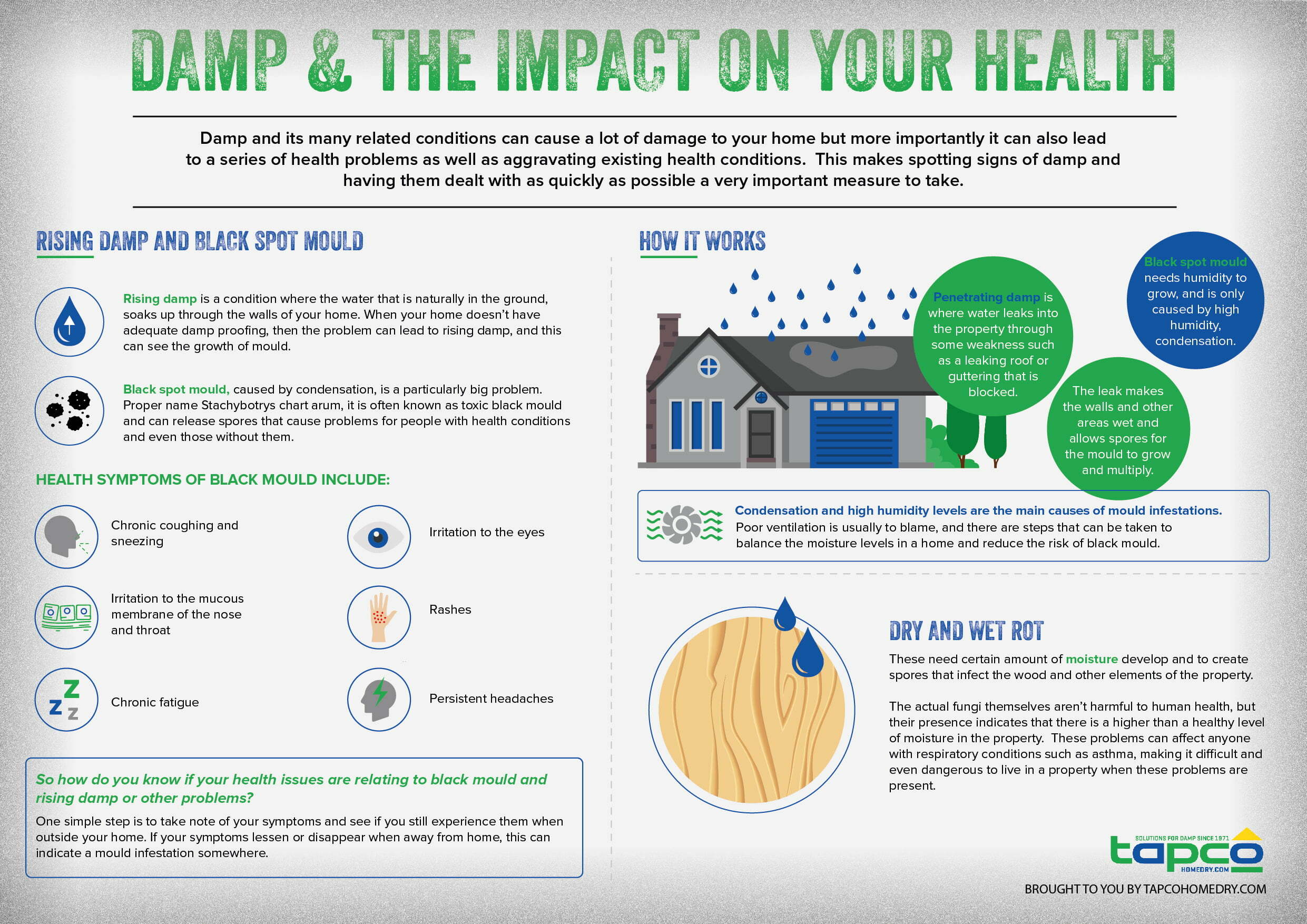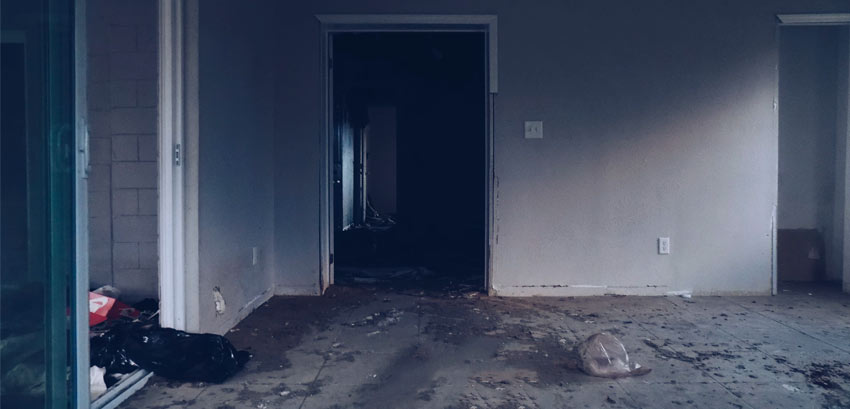Can Sleeping In A Damp Room Cause Health Problems

Keep in mind that if you re too cold you ll either have to bundle up which will cause you to feel hot later or you ll be shivering and too.
Can sleeping in a damp room cause health problems. The health risks of damp and mould can even make your home a more hazardous place to live. Prevent mold and the health problems it causes with these basic tips from the experts at webmd. Moisture in homes has been identified again and again to be associated with respiratory problems and other detrimental health to people within homes says dr. A separate study published in.
Research published by the lawrence berkeley national laboratory in the usa. Sleep will come when it comes. Not surprisingly fixing a damp home can go a long way to controlling or even eliminating these problems. Dampness in a bedroom can cause mold to grow on closet doors woodwork and flooring.
It seems that the micro organisms found in damp stagnant air can do more than cause the widely known respiratory problems seen in many owners of damp homes. You should get a dehumidfier and place it where you think the dampest area is and maybe get a good air purifier for your bedroom. Mold in the house isn t just a problem for people with allergies or asthma. Damp houses have been proven beyond any doubt to cause respiratory illnesses and a host of other health issues too.
Damp houses can cause a variety of molds and mildews to grow and flourish. 9 health and wellness apps to download sleep cycle free. In this article we ll explore the different health risks associated with damp and mould in the home. If not tonight don t sleep in to compensate and you ll likely sleep better the next night she says.
Those molds and mildews can and do cause asthma and allergies to occur and even more serious health problems depending on the strain of the mold. Richard shaughnessy director of the university of tulsa s clean. Health problems caused by dampness in the bedroom. Health problems and symptoms of mold growth include.
As long as you feel comfortable there are no health risks to sleeping in a colder room. Ideally you should keep the temperature between 60 and 68 degrees to experience the maximum benefits. No screens allowed having an accepting mindset about it can also help. In 1994 a british study found the prevalence of sleep problems was almost a third higher among those living in damp houses compared to those living in dry houses.
Mould and mildew can grow in damp and humid places. Instead get up and go into a different room and do something relaxing and calm in dim light she advises.
















































